This article has been inspired by the Hospitality Resilience Series‘ fourth session, held on February 10th 2021, hosted by Jonathan Humphries, Chairman HoCoSo, Chris Mumford, Founder Cervus Leadership Consulting, Jon Hazan, Executive Coach Atlas Coaching, with special guest Yadid Ayzenberg, Global head of Sleep Devices at BOSE Corporation.
Sleep is important… So what?
We need to be in the best shape possible to support our businesses and our teams in challenging times. Being well rested is widely accepted as an important part of sustaining our mental and physical health. Studies have shown that without getting sufficient, or good quality, sleep leaders suffer from impaired judgement and creativity, and worsening relationships. Ultimately it has an adverse effect on their ability to inspire and motivate their teams. Not only does lack of sleep have a negative impact on our performance however, it can also lead to serious health conditions. Insomnia or sleep problems have been linked to strokes, asthma attacks, seizures, weakened immune systems, obesity, diabetes, high blood pressure and heart disease. Recent studies have gone further to suggest a link between sleep problems and mental health. Conditions such as anxiety, confusion, depression, memory loss and lack of focus can all be exacerbated by a lack of sleep.
Accepting that being well rested is a fundamental pillar of our ability to function to the best of our abilities and remain resilient in the face of challenges it goes without saying that any advice we can get that might help achieve that glorious goal of a good night’s sleep would be welcome. Yadid Ayzenberg has been at the forefront of sleep research since 2014, rising to the role of Global Head of Sleep at Bose. In this session we explored not just the importance and science of sleep, but the importance of sleep hygiene and getting practical advice on how to improve our sleep practices. Yadid started with some alarming statistics linked to sleep.
Sleep Statistics
The startling figures below go beyond demonstrating the personal cost from sleep problems, they also serve to highlight the affect it has on a nation’s economy.
- 50 – 70 million Americans suffer from sleep disorders or sleep deprivation. (National Heart, Lung, and Blood Institute. National Sleep Disorders Research Plan, 2003. Bethesda, MD: National Institutes of Health; 2003).
- The US market spends over $41 billion on sleep aids per year. (Natana Raj, BCC Research, 2016).
- 60 million Americans take sleep medication every year. (IMS Health, 2011).
- 31% of adults in Poland report having sleep disorders, the highest in Europe. (How well does Europe sleep, a cross-national study of sleep problems in European older adults International Journal of Public Health, 2016).
- Those with persistent insomnia have a 97% increased risk of death. (Parthasarathy et al, American Journal of Medicine, 2015).
- The cost of insufficient sleep in the US is put at $411 billion per year, or nearly 2.3% of GDP. (RAND Corporation survey. Why sleep matters — the economic costs of insufficient sleep, RAND Corporation, 2016).
- In the UK the figure is put at $50 billion, Germany $60 billion and Japan $138 billion. (Ibid).
Sleep Science
To understand how best to achieve the holy grail of a good night’s sleep it is important to first understand what happens to our body when we sleep.
Our waking and sleeping body are controlled by two internal biological mechanisms. One is called the sleep wake homeostasis. This keeps track of our need for sleep, reminds us when we need to sleep and regulates the intensity of our sleep. The less we sleep, the stronger the drive to get sleep becomes. The second is the Circadian Cycle, responsible for directing a variety of functions within the body. From body temperature, metabolism and hormone release. The Circadian Cycle has adapted to our environment and runs in twenty-four hour cycles linked with the rising and setting of the sun as well as the rise and fall in temperature during day and night. In accordance with this the body recognises light and reacts accordingly with the release of certain hormones, conversely when it becomes dark and temperatures fall the body becomes sluggish and sleepy. As such our Circadian rhythms are impacted by environmental factors, light and temperature. If we introduce unexpected light, (e.g. looking at digital devices with blue light) last thing at night, over time it can affect our cycles and conversely our mental and physical functions.
What happens to our bodies when we sleep?
There are 4 stages during our sleep cycles;
- Stage 1. Non REM when we transition from wakefulness to sleep lasting approx. five to ten minutes.
- Stage 2. Non REM body temperature declines and heart rate slows, lasting five to twenty five minutes.
- Stage 3. Deep sleep, muscles relax, blood pressure and breathing rate drops. Lasting twenty to forty minutes.
- Stage 4. REM sleep, brain becomes more active, body immobilised, rapid eye movement.
We transition in and out of these stages throughout the night with approx. four to five cycles each night. During the non REM stages our muscle tissues and bones repair and regenerate as well as our immune system strengthening. During the REM stages the learning and memory areas of the brain are functioning and there is an increased production of protein. Each stage is vitally important to both our mind and body. Depriving either of the ability to renew and regenerate can have a significant impact on our performance when we wake.
Learning from recent studies of athletes researchers found a strong link between sleep and performance. After physical exertion sleep allows the body to repair, and the immune system to remain strong and reduce the likelihood of illness. An athlete’s mental state can be affected by sleep deprivation leading to decreased effectiveness, reaction times and accuracy. It can also lead to reduced energy levels and quicker exhaustion. Added to the increased likelihood of injury from exhaustion or fatigue and it is easy to see why modern coaches have invested so much time and money into ensuring their athletes get a good night’s sleep before and after training or competition.
Sleep Hygiene
Now that we understand the rhythm and impact of good quality sleep what can we do to improve the quality of our sleep, or as Yadid refers to it; improving our Sleep Hygiene?
- Have a sleep schedule. The human body likes routine. Go to sleep and wake up at a regular time each day. Even on weekends, a lie-in can be as disruptive as lack of sleep to our sleep cycles. For many people setting an alarm is a necessary evil. However, an alarm going off at a specific time makes no allowance for what sleep state we are in at the time. Yadid suggests that for normal routines (i.e., when you are not setting an alarm to catch an early flight) where possible we should try and achieve the right number of hours sleep, after a while our sleep schedule will take hold and the body will naturally wake.
- Go to sleep with a clear mind. Stress is not good for sleep. Try and clear your mind with a calming activity (meditation, reading, listening to music) just before you go to sleep.
- Create a good sleep environment. The right temperature, lighting level, scents, pillow and mattress are all factors in helping you achieve and maintain a good night’s sleep. This is especially important if staying in a new environment, (e.g., a hotel room). Where possible reduce the distractions and try to mimic your normal sleeping environment.
- Avoid alcohol before bed. It might send us to sleep initially but the overall quality of the sleep will be poorer, most likely leading to more awakenings during the night and less deep, full sleep cycles.
- Be well hydrated before bed. The secret here is achieving the right balance. Too much water before bed and we risk waking up in the middle of the night. Too little and we wake up dehydrated, another reason for avoiding alcohol before bed.
- Seek out sunlight early in the day. This informs your Circadian rhythm that it is morning, and the day has started. This is particularly important when travelling to different time zones. If you land in the morning, going outside can help your rhythms to regulate.
- Sleep for seven to nine hours. We probably all know somebody who claims they can survive on six hours sleep a night without any loss of function. The sad truth is that this is true for only an exceedingly small number of people and it is a matter of genetics not training. Whilst you may become accustomed to the effects of sleep deprivation it is only learning how to cope with lower performance rather than maintaining the proper levels your body needs.
- Quality and quantity. It is not just about how long we sleep for but the quality of that sleep. We should be aiming for long spells of uninterrupted sleep. Fragmented sleep with numerous awakenings impedes our ability to move between sleep cycles which in turn limits the effects of the restorative non REM stages of the sleep cycles.
Sleep Practices
Having given us his suggestions for achieving a good night’s sleep we asked Yadid how we might achieve this. What practices can we try, what products really work and what techniques would he recommend we try in order to help us achieve the levels of sleep hygiene Yadid outlined?
Mindfulness and Meditation. A familiar practice to many, and one we explored with Claudia Roth in an earlier discussion, this has been proven to be very helpful in clearing the mind and preparing mentally either at the beginning, or at the end of the day. There are many books, apps, podcasts and teachers who can recommend, demonstrate and assist people in the art of meditation or mindfulness.
Audio. Relaxing sounds last thing at night have been shown to help many people clear their minds and relax their bodies prior to sleep. For some it might be classical music, for others birdsong or even a form of white noise. Anything that helps keep our minds off negative thoughts.
Napping. Guidance around napping has changed many times. Recent studies suggest that a twenty minute ‘power nap’ can have very restorative effects on the body and mind but should be kept to twenty minutes, any longer and the body may slip into deep sleep leaving you groggy when you wake. Too long a nap and you might not be tired at night leading to a disrupted cycle.
Sleep Sensors. Yadid was quick to caution against the reliance on these as measures of a good night’s sleep. Many have poor levels of accuracy, rarely do two devices give the same results often leading to confusion as we awake feeling groggy only to be told by our sensors that we have had a full night’s sleep. If you suspect you have sleep issues, then consult a specialist or visit a sleep laboratory for expert advice.
CBTI. For many people dealing with insomnia, Cognitive Behavioural Therapy is the first line of treatment. Essentially this is a collection of theories based around the concept of achieving meaningful behavioural change by addressing and rectifying existing habits. This can involve various interventions such as relaxation training, stimulus control, sleep restriction and other psycho educational interventions. Obtaining CBTI advice is a lot easier than it used to be. There are many FDA approved apps and websites offering advice and techniques, however seeking specialist advice is always the recommended path.
Sleep Buds. A subject close to Yadid’s heart he has spent many years researching the affects and design of sleep buds. Tiny, comfortable, wireless, in ear devices that play recorded sounds to the user’s specification. Acting as both relaxation aids and noise reducing or masking devices for example on airplanes. The user can select a melody or sound from the library to suit their environment or mood. A clinical test undertaken by the University of Colorado found that in a study of 55 participants from various ages and backgrounds all with reported sleep problems, 100% claimed they blocked noise effectively, 76% reported it was easier to stay asleep and eight out of ten reported an overall improved level of sleep quality.
Find out what works for you
As far as pillars of resilience go there can be few that are as basic and yet fundamental as the need to get a good night’s sleep. Without it our body and mind cease to function at their optimal level and the affects on our performance, both mentally and physically, can be devastating.
Having explored the science behind sleep and the many practices, technologies and techniques available to us, the overriding lesson once again was the need to be inquisitive, to try different methods and find out what works for you. Whether it is exploring the world of mindfulness to calm your mind in preparation for sleep, to seek specialist CBTI advice or to put your trust in the apps and devices available on the market there can be no doubting the importance of achieving a good night’s sleep.
> Join the Hospitality Resilience Series‘ community on LinkedIn and on Instagram.
Our thanks to Yadid for his time, his thoughts, and his excellent advice.
About the author
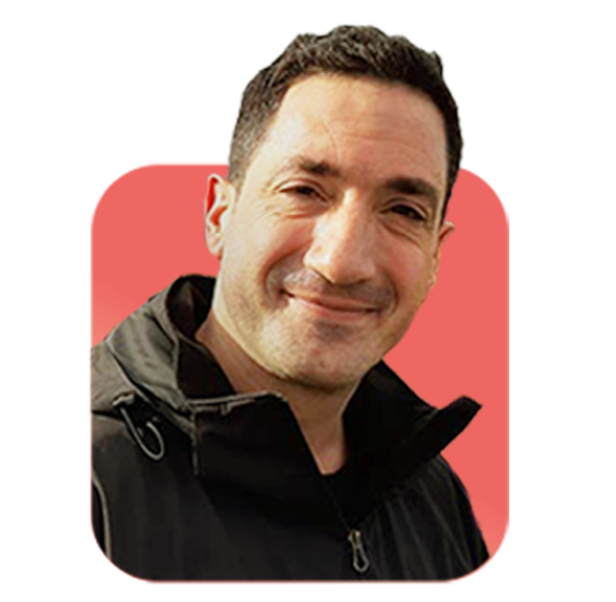 Jon Hazan
Jon Hazan
Jon started out as an officer in a tank regiment in the British Army, then he moved into events management, developing corporate teams globally. He switched to sports management and has worked on a number of national and international events over the past 15 years and has a wealth of experience in the planning and management of both mass-participation sporting events and smaller in-house and open multi-sports events, including team building and conference-style events. More recently, he has qualified as an executive coach, working with corporate clients and founded Atlas Events and Coaching.
About HoCoSo
HoCoSo are advisors with a difference.
We create tailor-made and innovative solutions for clients’ hospitality-led projects by bringing together the optimum team of sector specialists.
Jonathan Humphries, Chairman and Owner of HoCoSo, and his direct team specialize in the extended-stay, co-living, and hotel-alternatives hospitality market; luxury, lifestyle and boutique hotels; and resort developments in Europe, the Middle East and Africa (EMEA).
Our strengths lie in the following core services:
- Product & Concept Creation, for portfolio & individual asset developments.
- Strategic Development Projects with a focus on new-market / new-concept business expansion planning, operator selection, market and financial feasibility studies.
- Transformative Asset Management for brand re-positioning, asset re-evaluation and concept re-structuring.
- Hospitality Education for companies and academic institutions, with a focus on bespoke course development, training and teaching.
- Workshops, Keynotes and Conference Moderating for boards, leading international conferences and incubators.
During the covid19 crisis, HoCoSo launched HoCoSo CONNECT, an initiative aimed at bringing the industry together to brainstorm and collaborate; HoCoSo CONVERSATION, a podcast channel encouraging the discussion with thought leaders from around the globe, for the hospitality industry; and, in collaboration with Atlas Coaching and Cervus Leadership Consulting, we also launched the Hospitality Resilience Series , a combination of online events, insights and discussions aimed at helping build your personal resilience and inner immunity.


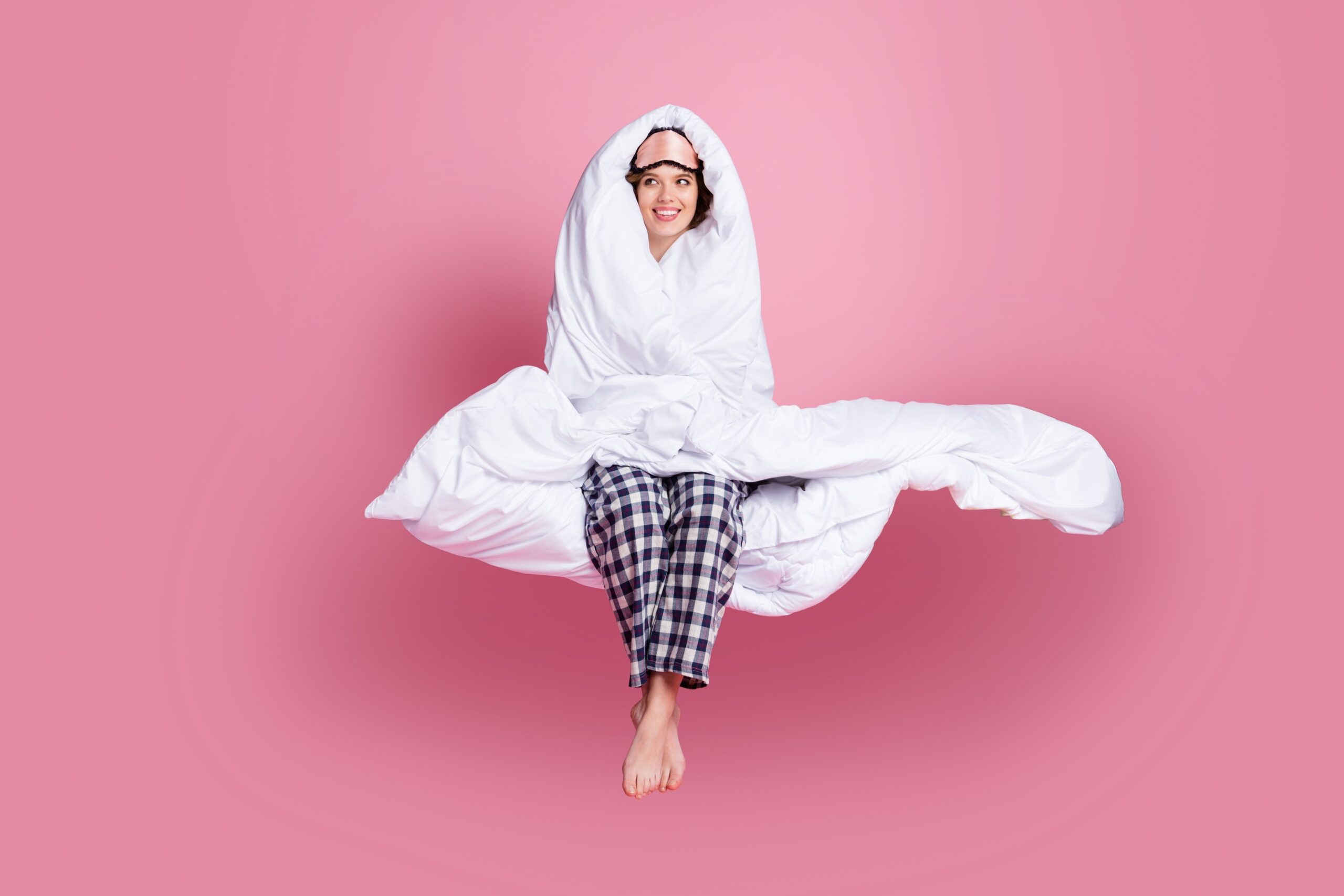

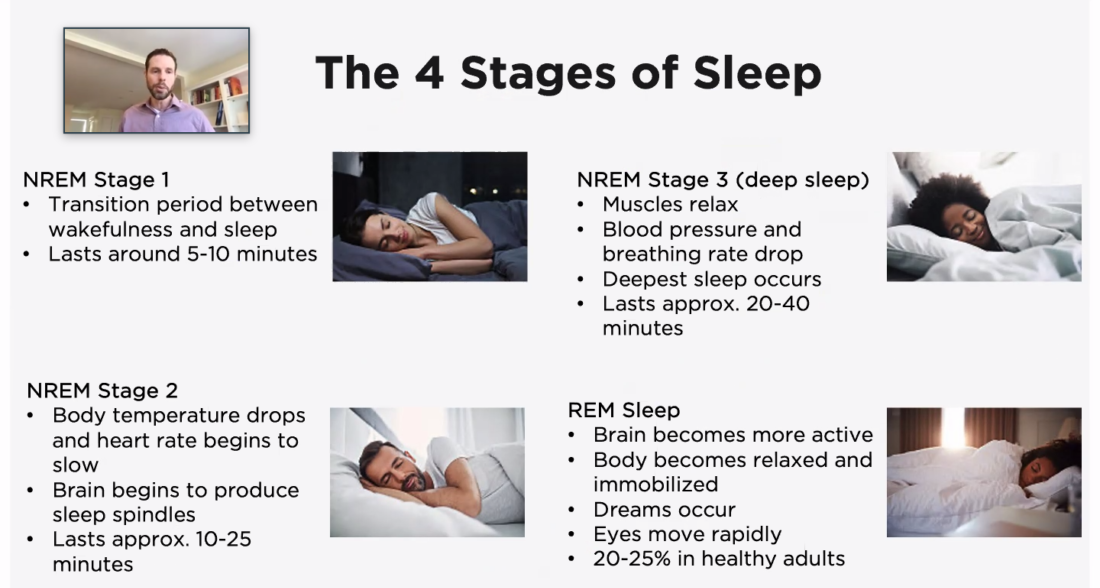
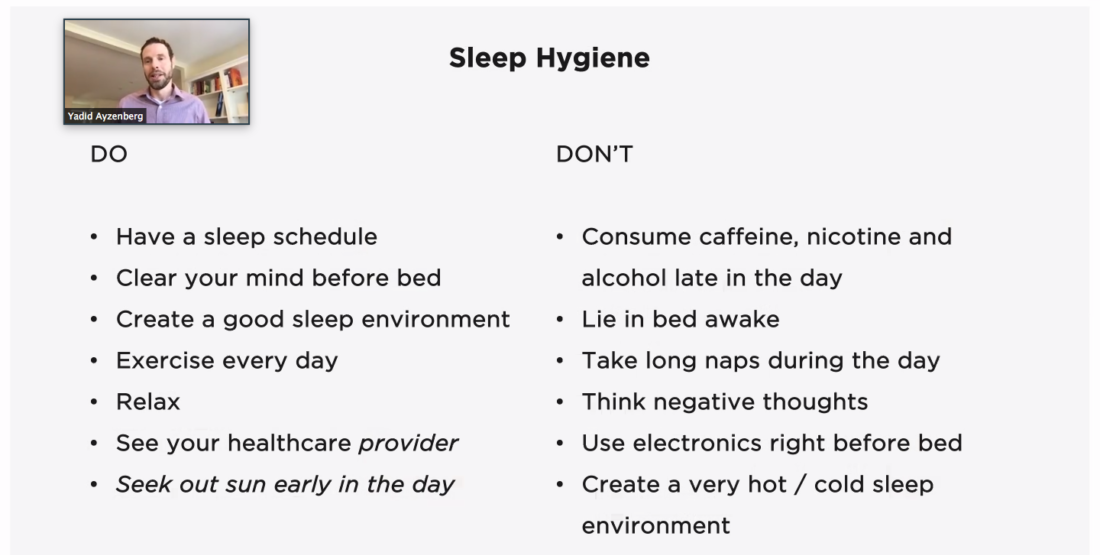
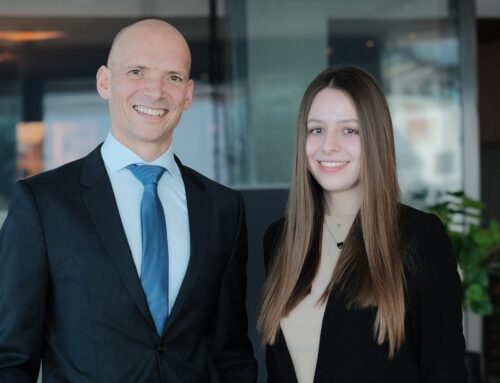
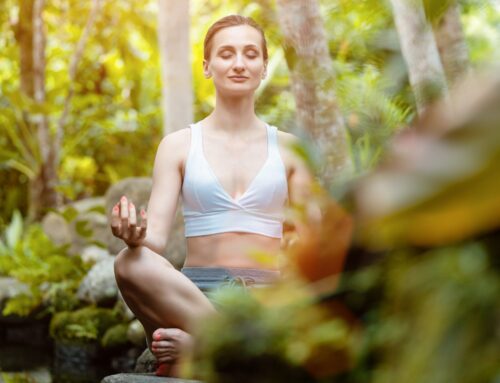
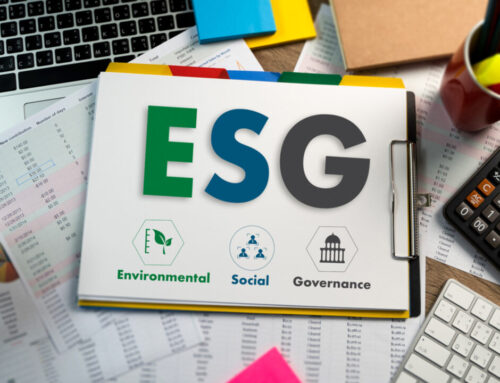
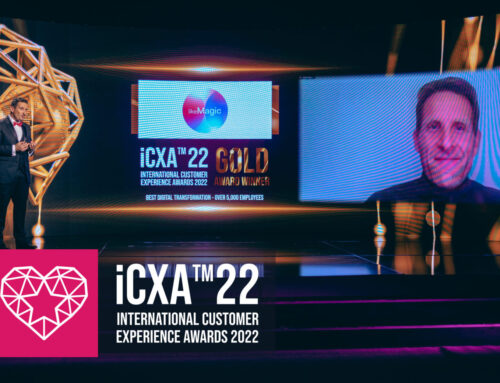
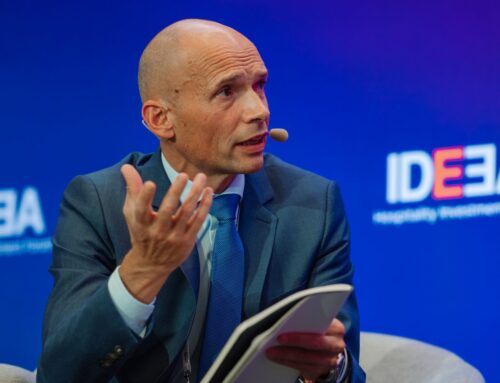
Leave A Comment